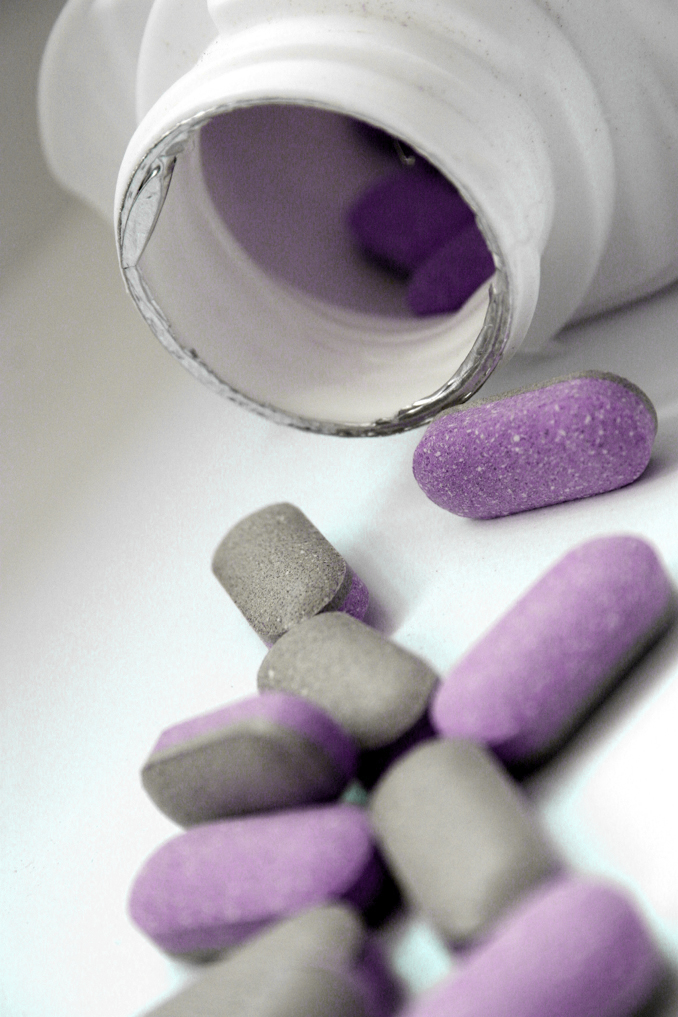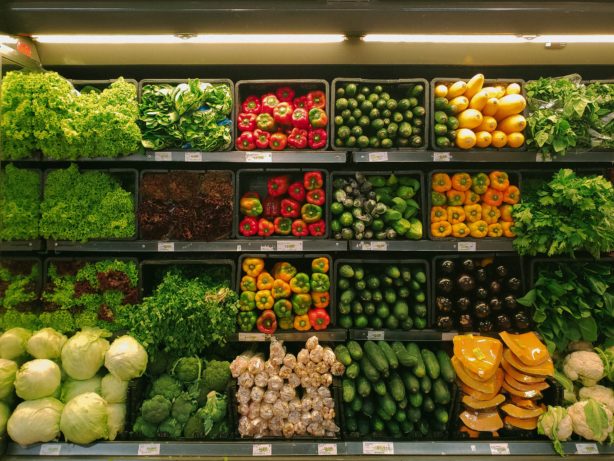Our dietary needs change as we age. As our bodies develop, we require different levels of nutrients to keep us fit and healthy throughout our lives.
While these changes may be incremental, they can make a significant difference to our health and well-being.

Varied and balanced diets, plenty of exercise, and lots of care and attention are the best ways of giving your children the healthiest upbringing possible. But what if they aren’t getting the right nutrition to fuel their development?
And what are the most essential vitamins, minerals, and nutrients for children?
What Vitamins and Minerals Do Children Need?
Children need all of the essential vitamins, minerals, and nutrients they can get in early life. While they’re learning their ABCs, they’ll need healthy amounts of vitamins A, B, C, D, and E, as well as other key minerals and nutrients too.

But this can be a tricky task to manage, especially if you lead a busy lifestyle. Multivitamins for kids provide a convenient solution to managing your kids’ nutritional needs, filling in any gaps in their diets. They’re available in several forms, from chewable sweets to dissolvable powders, making balanced nutrition easier to manage.
What Happens If Children Don’t Get Enough Vitamins?
Lethargy, a lack of focus, or physiological issues might be an indication of malnutrition. But that doesn’t necessarily mean you’re not looking after your kids properly, or giving them enough healthy meals, or letting them get enough sleep.
Sometimes, the malabsorption of nutrients might be an early indication of an underlying health condition like celiac disease or inflammatory bowel disease (IBD).
At other times, it’s simply a case of children not getting enough of a certain nutrient that’s needed to fuel their growth and development.
In any case, speak to a medical professional if you’re worried about your child’s health.
Essential Nutrients for Children’s Development
So what vitamins, minerals, and other nutrients do young children need the most, and how can you ensure that your kids are getting the right amount in their diets?

- Calcium
As the building block of healthy bones and teeth, calcium is fundamental to children’s healthy development. If your kids can grow strong and healthy bones in childhood, it’ll pay dividends in later life.
That’s not all calcium has to offer though, as it also helps in muscle development and is important for a healthy heart.
Calcium can be found in dairy products like milk, yogurt and cheese, as well as in fish like salmon and sardines. It’s also abundant in green leafy vegetables such as broccoli, kale and watercress, and in almonds, sesame and chia seeds — perfect for families that follow a vegetarian or vegan diet.
- Iron
Iron helps red blood cells carry oxygen throughout the body, moving it from the lungs to the rest of our bodily cells. If your child’s diet lacks iron, they could develop iron deficiency, which can result in fatigue, weakness, headaches, pale skin, and brittle nails.
Red meats and other animal products are high in iron, but there are vegetarian and vegan sources of iron too, including dark green leafy vegetables like kale, spinach, and collard greens, and beans including kidney beans and soybeans.
- Vitamin D
Essential for growth, vitamin D helps regulate the number of nutrients that are absorbed by the body, primarily calcium and phosphate. It also helps maintain a strong immune system, helping children’s bodies to fight off infections and prevent illnesses.
The early signs of a lack of this crucial vitamin are fatigue, aching bones, muscle aches, weakness, cramps and mood changes.
Vitamin D is found in oily fish, such as salmon, sardines and mackerel, as well as red meat, egg yolks and some fortified foods like breakfast cereals.
But, our bodies can absorb vitamin D from sunlight, so playing outside in the summer months and making the most of the sunshine can be greatly beneficial to your kids’ health.
As an added bonus, spending two hours a day outdoors helps prevent myopia, or nearsightedness, as well!

Getting the Best Nutrition for Your Children
As parents, we need to pay close attention to our children, notice any patterns of irregularity, and try to find the root cause.
Problems that arise in early childhood can continue into later life, so it’s important to keep tabs on your children’s diets, how much exercise they’re getting, and any other factors that can influence their well-being.
Covering all the bases can be a struggle, but giving them a varied and balanced diet, making sure they get plenty of time outside, and giving them a daily multivitamin will help to ensure happy, healthy kids!
